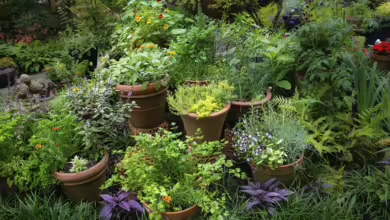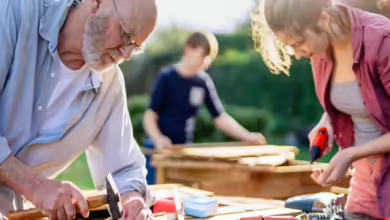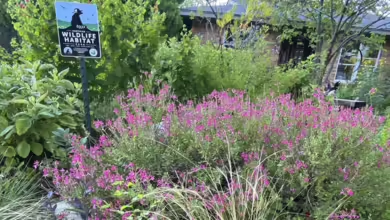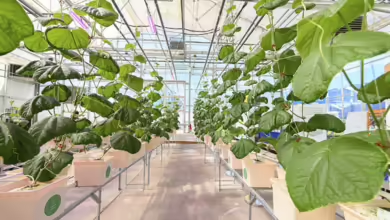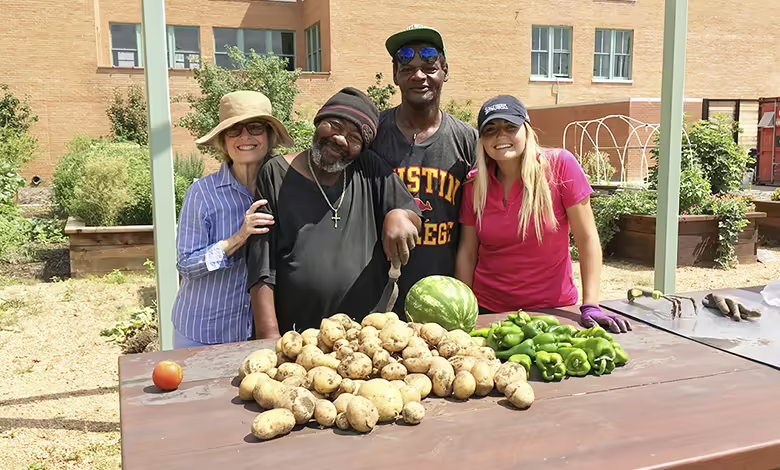
Every season in nature is awe-inspiring, offering endless moments of wonder for those who take the time to notice. Finding wonder in everyday activities is a powerful way to improve quality of life. Each person experiences this phenomenon differently, and this complex set of emotions can shift our perspective, helping us feel connected to something larger than ourselves. One way to help others experience the inspiration of nature is through horticultural therapy.
Horticultural therapy is a hands-on practice that fosters connection with nature. Gardens and people share similar intrinsic qualities, and experiencing nature helps us understand life’s stages in a relatable way. Plant life provides metaphors and models for coping with life’s challenges.
For example, gardening enhances decision-making and nurtures creativity by planning and caring for plants. Gardening also fosters a sense of being valued, needed, and interdependent. Most importantly, nature offers beauty, pleasure, and abundant gifts to those who engage with it.
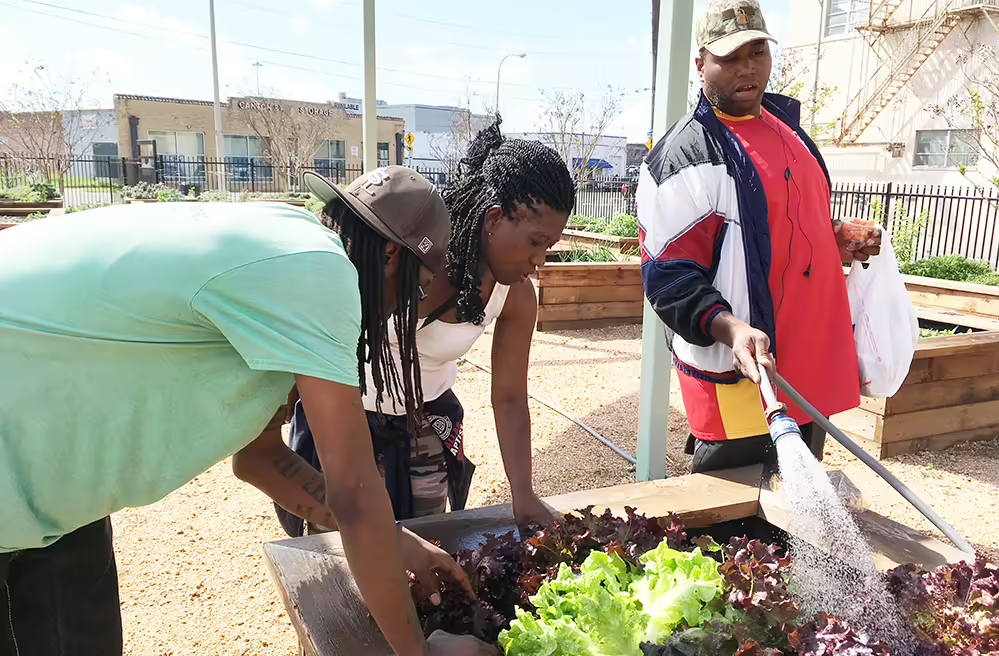
One of my favorite Dallas gardens is downtown and features about 15 raised beds for residents to work in. In February and March, group members plant seeds chosen as their favorites.
This group loves growing crops that can be enjoyed fresh, like lettuce, tomatoes, radishes, cucumbers, and sugar snap peas. Combined with flavorful dressings, the salads prepared by the group are a hit, as they enjoy the fruits of their labor, laughing and sharing memories of the past while looking forward to the future. There’s a strong sense of pride in their achievements.
The gardeners work hard to prepare the beds with nutrient-rich soil, fertilizer, and mulch. They choose the right plants for the right spots and diligently monitor their growth to maturity. They learn how to gauge when more water or fertilizer is needed and how to determine the perfect time to harvest potatoes. Snacking on sugar snap peas during breaks has become a favorite reward for their efforts.
Anyone who has spent time gardening gains a deep respect and a new understanding of nature. Conversations about gardening experiences are lively as participants eagerly share their newfound knowledge. Additionally, they enjoy sharing their harvest of vegetables and flowers with others.
Having fun is an essential part of engaging with nature. Whether designing a colorful spring garden, sipping health-boosting herbal teas, or stimulating the senses with freshly picked herbs, nature provides endless opportunities for enrichment.
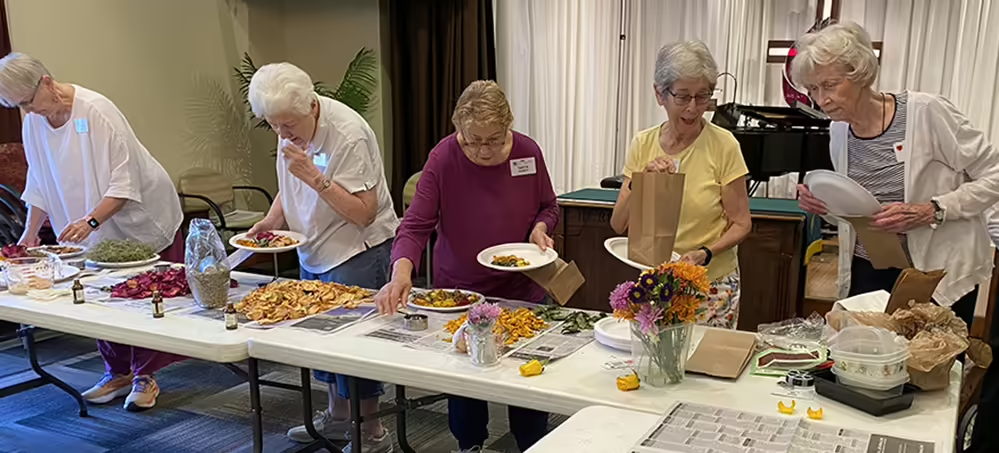
One sensory activity involved gathering fresh rose petals and carefully separating them to create potpourri bags. This activity, also used in occupational therapy, helps strengthen fine motor coordination. For instance, a rehabilitation patient used adaptive tools and worked alongside a therapist in the garden. Supported by a gait belt, she improved her coordination and endurance, achieving her therapy goals. She marveled at her progress and the newfound possibilities in her life.
In the same residential community, a group plants flowers in raised beds and containers, providing beauty for themselves and their neighbors. The camaraderie and sense of social connection within the group have been a pleasant surprise. One participant shared, “Giving flower arrangements to others or taking them home made me feel happy like I had accomplished something new.”
Residents of a 55+ community grow their vegetable gardens and share the fresh harvest with fellow neighbors. The joy of giving homegrown produce and the satisfaction of cooking what they sow create a deep sense of fulfillment. As one gardener shared, “Digging in the dirt felt productive, and I felt valued. I even found myself worrying about the well-being of the plants when it rained too much.”
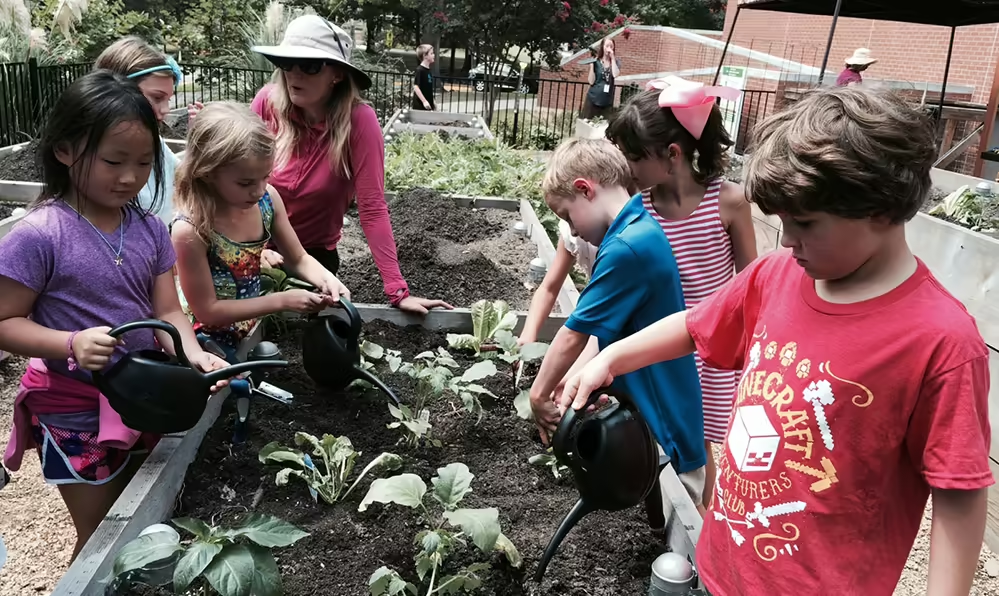
Children in a 4th and 5th-grade after-school garden program cultivate self-esteem and social skills through hands-on gardening. They take pride in selecting their vegetables, planting seeds in February, and transplanting seedlings in March. The joy of harvesting and eating fresh radishes, lettuce, and cucumbers straight from the garden instills a strong sense of achievement and a meaningful connection to the earth.
The mission of therapeutic gardening is to create and implement nature-driven processes that help participants achieve physical, emotional, social, and intellectual goals. By merging with nature, participants of all ages find inspiration and empowerment. Success in the garden mirrors success in life, no matter how young or old you are.
Through weekly gardening sessions, participants learn, share ideas, teach new skills, propagate plants, bond with fellow gardeners, design landscapes, and discover the wonders in everyday life. This connection with nature benefits both people and the environment.


